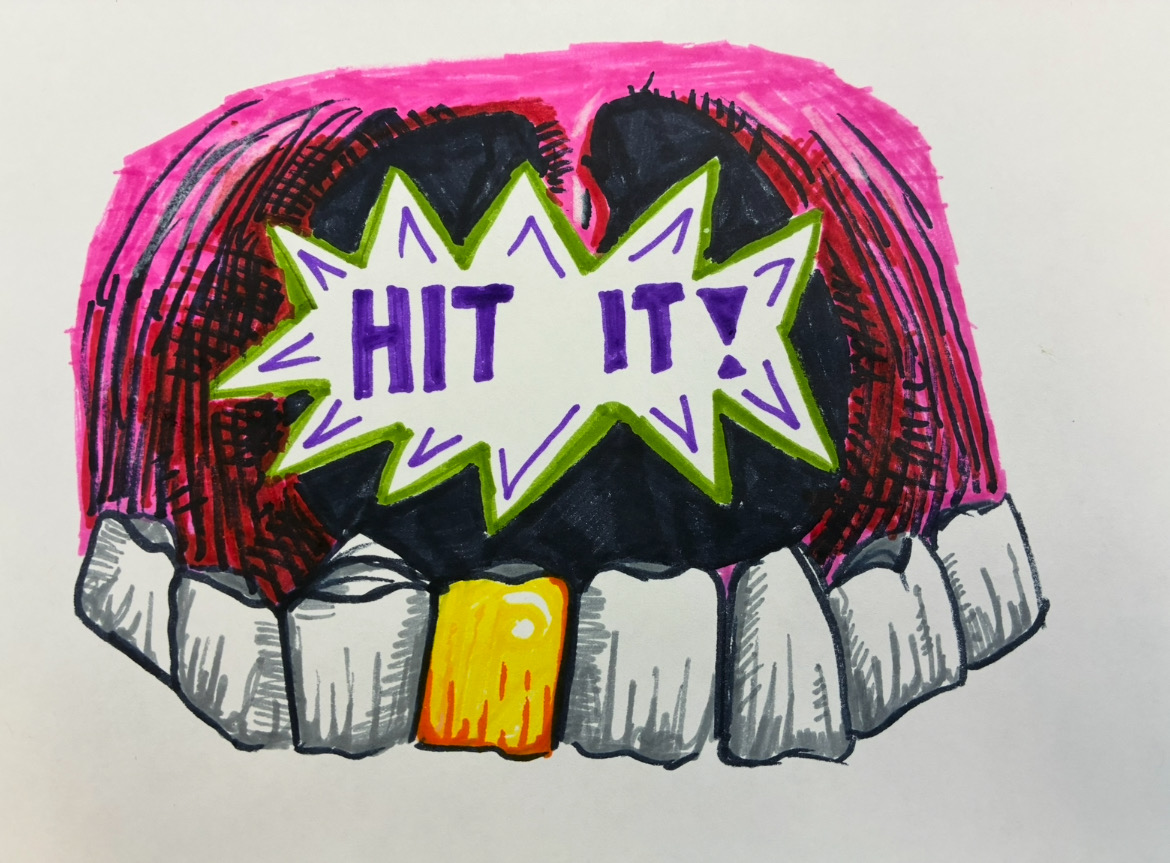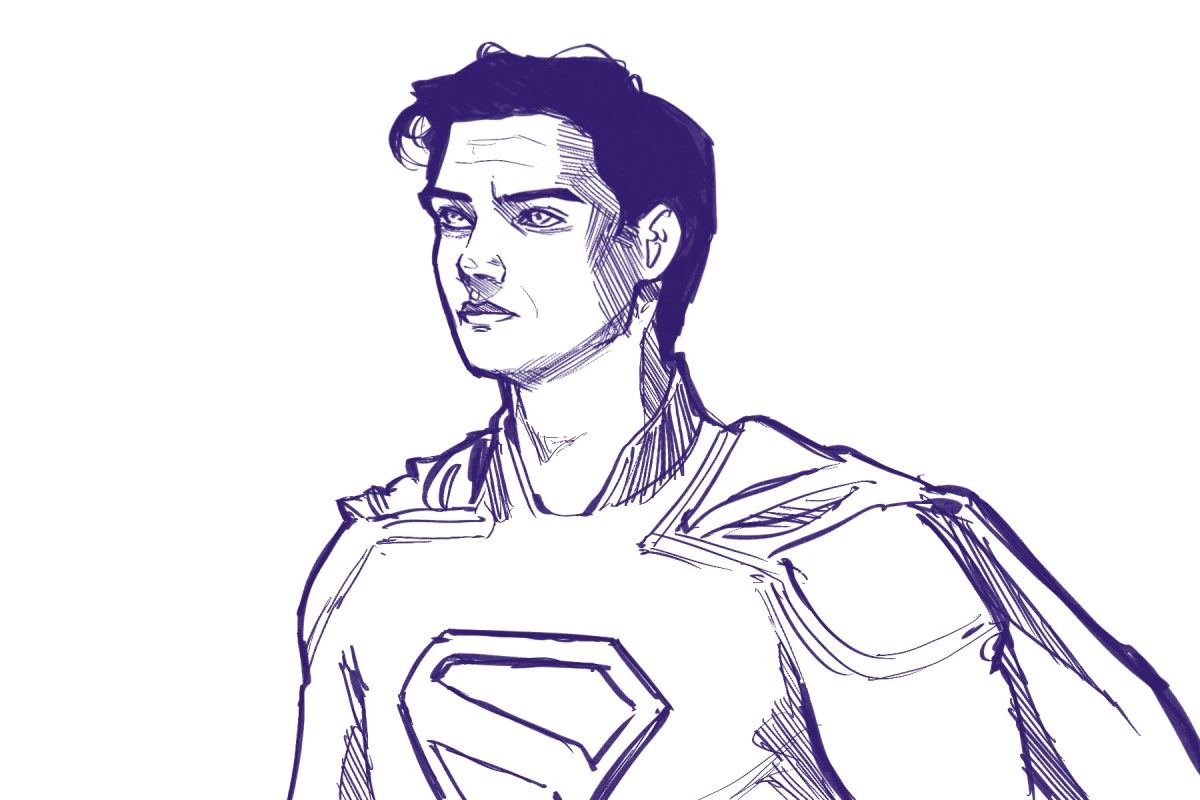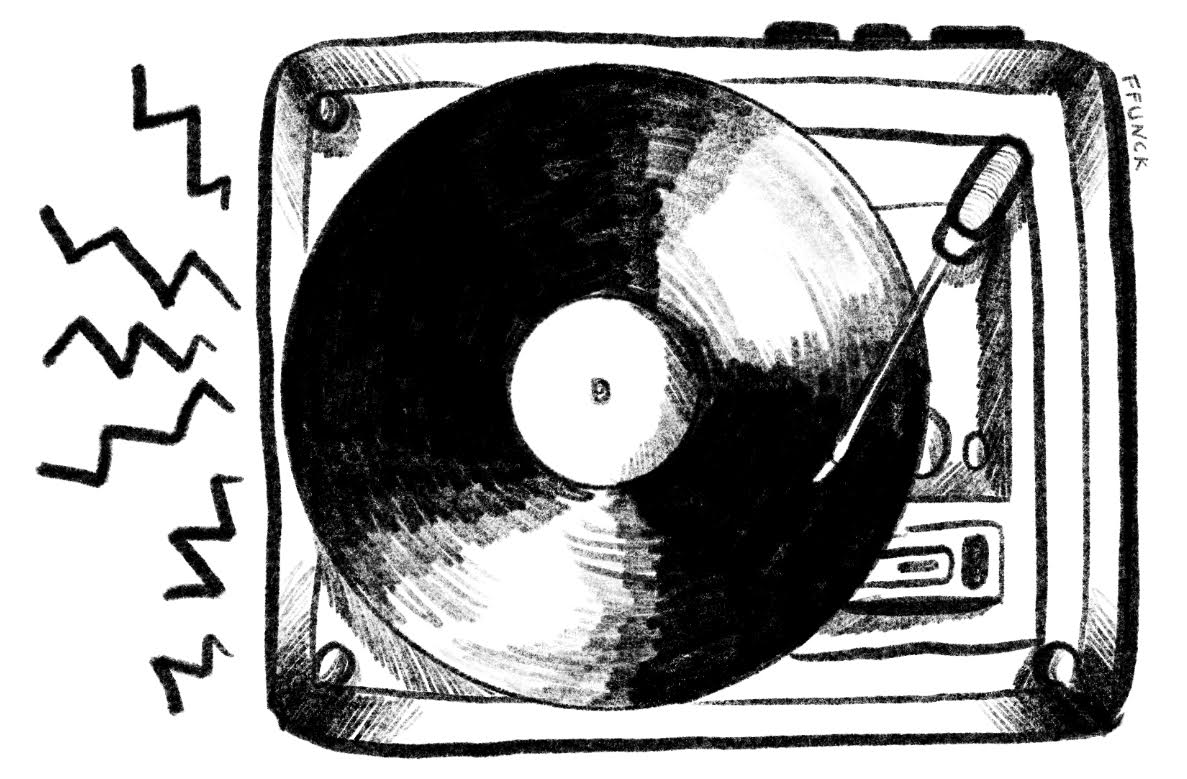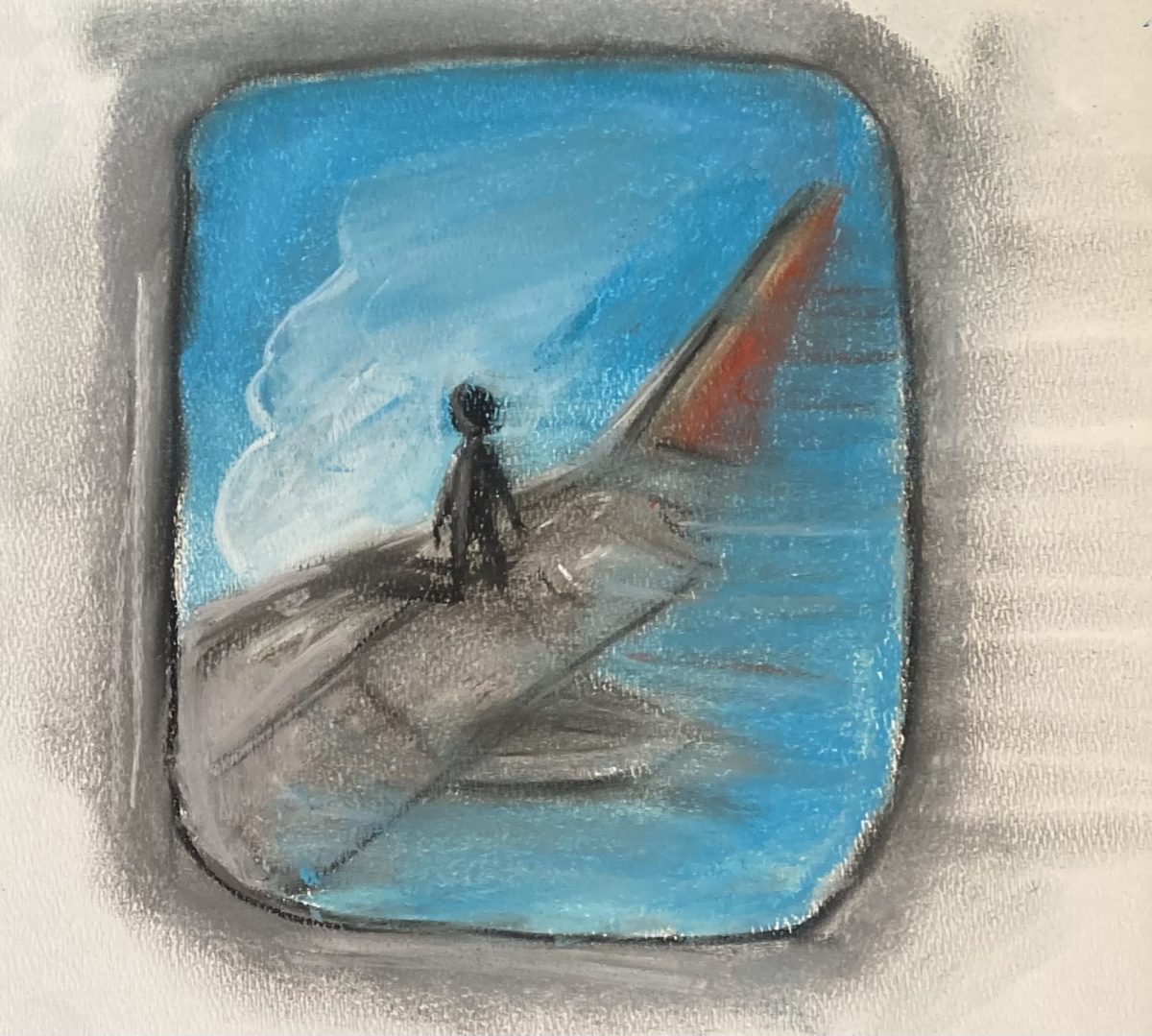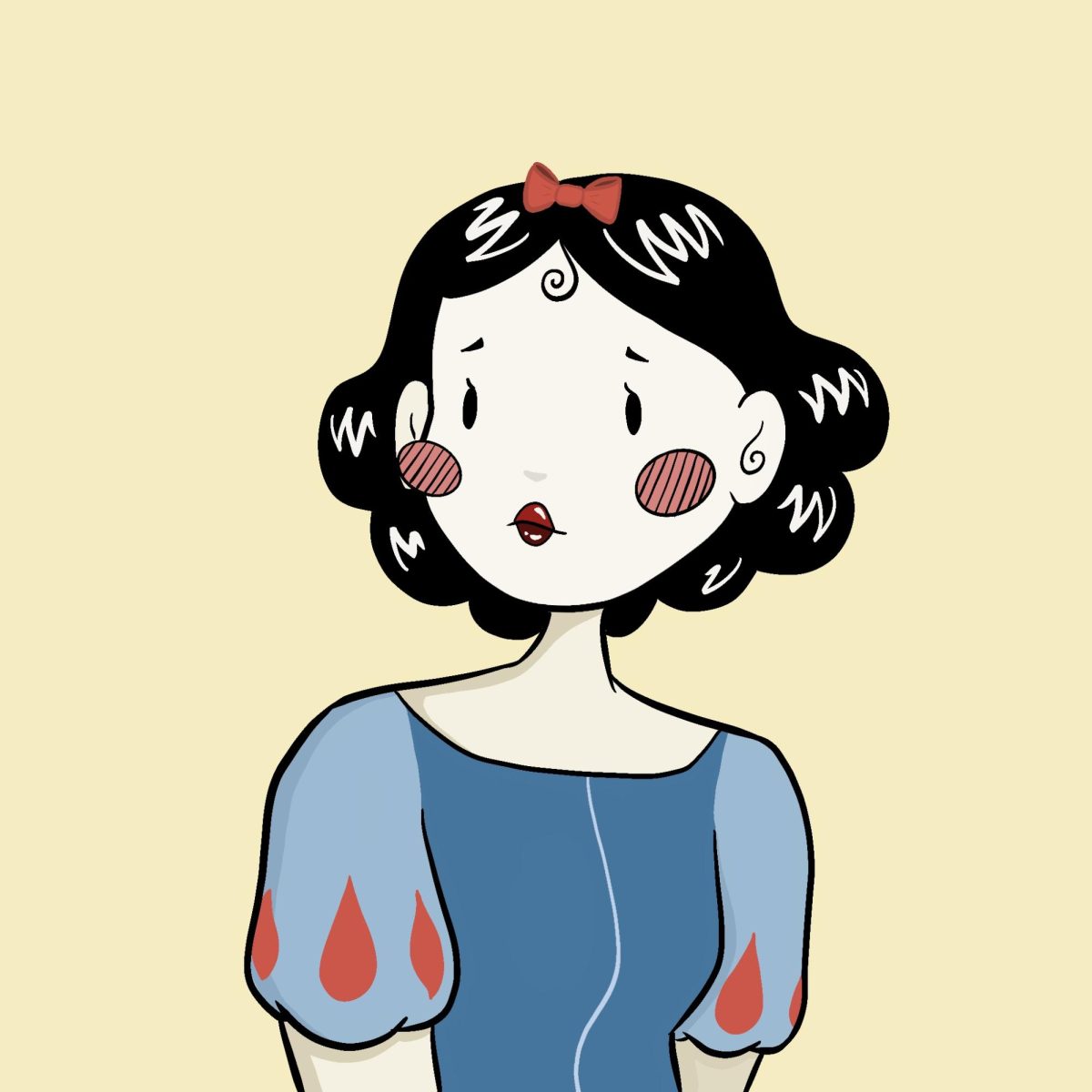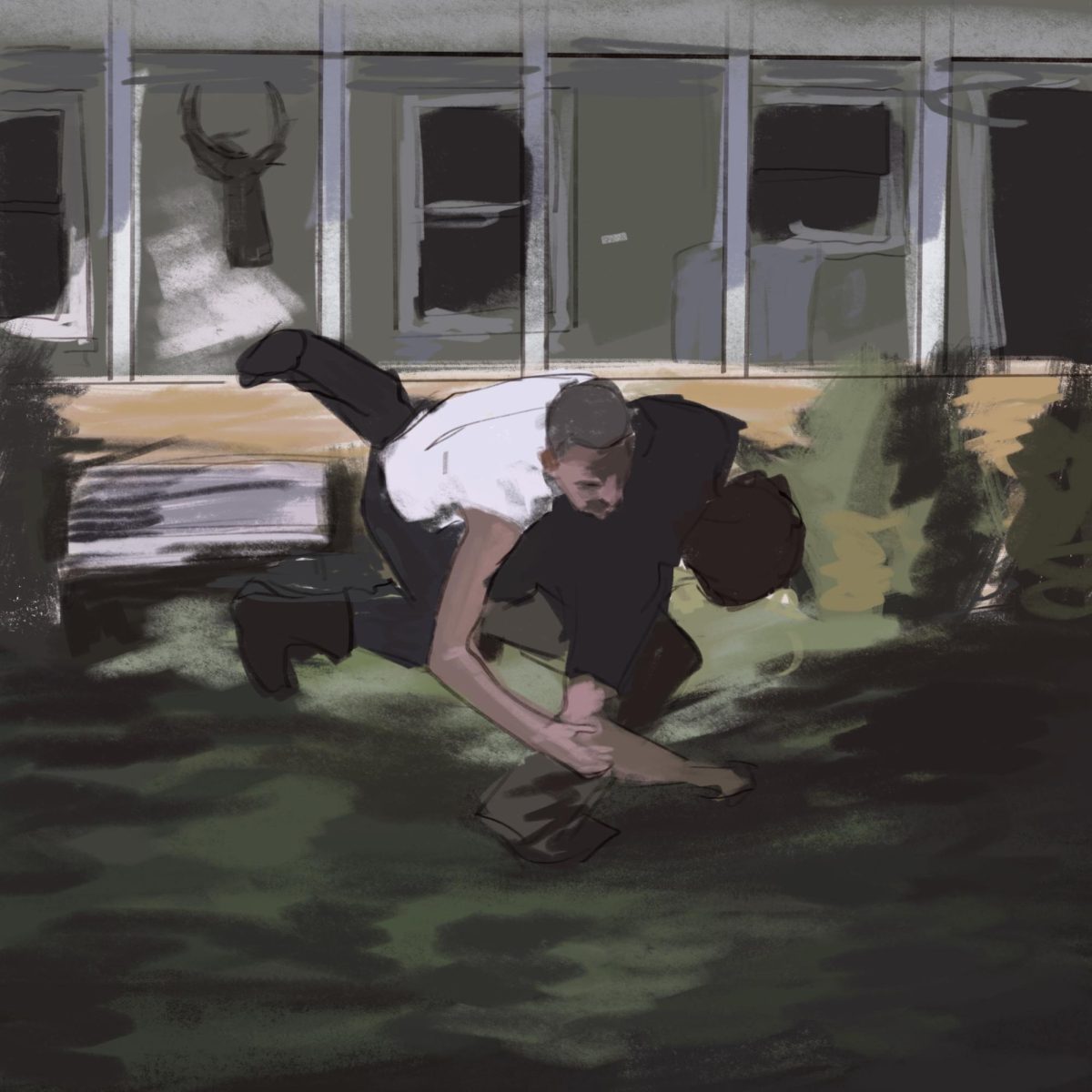“Time is a Mother” by Ocean Vuong, author of the critically acclaimed “Night Sky with Exit Wounds” and “On Earth We’re Briefly Gorgeous,” takes a daring leap into the intricacies of time, memory, and love. While undeniably beautiful and stimulating, this anthology of poems may leave some readers feeling adrift in a sea of abstract metaphor, ultimately rendering it Vuong’s least accessible work to date.
Vuong’s lyrical prowess is on full display in “Time is a Mother.” Each line is meticulously crafted, revealing a profound engagement with the complexities of the human experience. Vuong’s exploration of intimacy, love, and the passage of time is evocative, however, the same linguistic richness that elevates the poetry also introduces a level of opacity that could prove challenging for some readers. Unlike the straightforward elegance of “Night Sky with Exit Wounds,” “Time is a Mother” leans heavily into abstraction. Vuong employs very intricate metaphors and symbolic imagery, crafting verses that require a heightened level of interpretative engagement. While some readers may relish the challenge of unpacking the layers of meaning within each poem, others may find themselves searching for the accessibility and clarity that defined Vuong’s earlier work. For me, I had to keep rereading certain passages to grasp or come to any personal interpretation.
The thematic exploration in “Time is a Mother” revolves around the titular concept of time, but it does so in a way that may feel more disjointed compared to Vuong’s previous collections. The threads connecting the poems are subtle, and the collection lacks the cohesive narrative arc that made “Night Sky with Exit Wounds” a compelling and immersive journey. “Night Sky with Exit Wounds” maintained a delicate equilibrium, allowing readers to engage with the poetry on both emotional and intellectual levels. In “Time is a Mother,” however, the pendulum swings towards a more esoteric realm, where the sheer density of metaphor may alienate those seeking a more direct connection with the text and the reading experience can feel fragmented, with individual poems standing as brilliant but isolated entities.
While the collection does touch upon themes of identity, sexuality, and the immigrant experience, these elements are embedded within Vuong’s abstract exploration of time. The socio-political commentary, while present, is not as overt or immediate as in his previous works. Readers expecting a continuation of the intersection between the personal and political won’t find explicit engagement with these themes in the book.
I think “Time is a Mother” was undoubtedly a bold and ambitious addition to Ocean Vuong’s body of work. Its poetic brilliance and intellectual depth are evident, offering readers a challenging and immersive experience. However, the departure into greater abstraction and the lack of thematic cohesion left me feeling adrift, especially when compared to the accessible beauty of Vuong’s earlier poetry. Although I don’t believe poets and writers should ever strive for accessibility in their work, it’s a complicated discussion. I’ve always appreciated Vuong’s willingness to push the boundaries of his craft, but it may not be the ideal entry point for those seeking the resonant clarity found in his previous collections which is why I chose to rate this book a 3/5.

